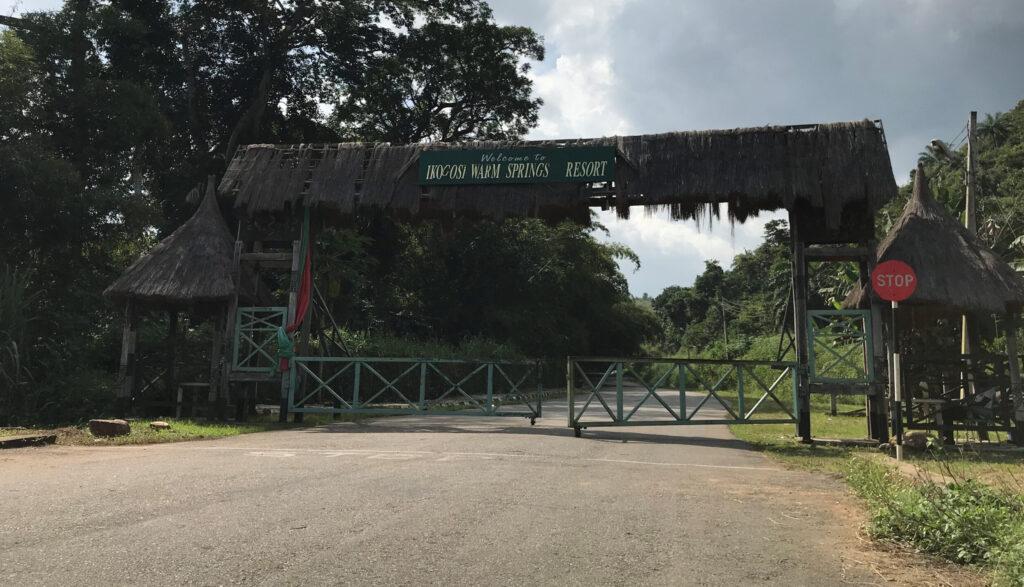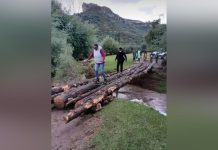Africa-Press – Lesotho. In part two of our review of some of the most active stakeholders attempting to reform how governments spend their money across Africa, we profile an activist in Cameroon, an anti-corruption campaigner in Kenya, as well as a procurement officer and a data analysis firm in Nigeria.
“It became clear as we continued to work and agitate for a corruption-free Kenya that it was necessary to do a lot of work on public procurement,” says Sheila Masinde, executive director at Transparency International Kenya (TIKenya).
The data on annual losses to corruption speaks volumes. A former Kenyan Auditor General has estimated that around 30% of public budgets – a large part of which is spent on procurement – is lost to corruption each year: a staggering one trillion Kenyan shillings ($8.8bn) per budget year.
This phenomenon is known as ‘budgeted corruption’. “Those budgets have basically been padded so that there is something that people can steal,” says Masinde. There are challenges around conflicts of interest.
You get to a point where you realise that a lot of government business is conducted between government and government: between a government entity and a person working in government but wearing another hat, sometimes trading through proxies.
There are a lot of companies that are owned by government officials and politically-connected individuals. There is a question around beneficial ownership,” says Masinde.
Transparency International and other organisations are engaged in projects to counter such conflicts of interest. The global Open Contracting for Health project works to strengthen transparency and open contracting in public health spending.
Scandals linked to emergency procurement of PPE last year at several Kenyan ministries merely undermine the importance of reform. Masinde says some of TI Kenya’s biggest achievements so far have been contributing amendments to pro open contracting legislation, such as the Public and Procurement Asset Disposal Act 2016.
Sensitising new stakeholders on corruption is also key. TI Kenya does capacity building for SMEs to engage in the procurement sector. “SMEs are then able to document and report corruption when they encounter it,” Masinde told The Africa Report. Corruption ultimately infringes on the rights of Kenyan citizens by denying them access to functioning basic services.
“When you talk about services that really matter to Kenyans, you’re talking about health, you’re talking about education, about infrastructure, water security, food security and so on and all these are dependent on foolproof procurement systems,” says Masinde.
“So that I am able to walk into a hospital and get the medicine that I require; I’m able to take my child to a public school and they are then able to access the books and learning materials they need; I should be able to open my tap and have free-flowing clean water.
All these things are not possible if we don’t have sound public procurement systems that are open and transparent. ” Nigeria remains a gargantuan task for reformers looking to reduce corruption in public spending in Africa’s largest economy.
Yet the southwestern Ekiti State is showing that with the right reforms and the right support, public procurement can be made to be more open, inclusive and efficient for taxpayers.
“The Public Procurement System in the state has been upgraded with the deployment of an internally built mechanism to launch the state into the era-of e-procurement,” Egghead Odewale, director-general of the Bureau of Public Procurement in Ado-Ekiti, Ekiti State, told The Africa Report.
Vendor registration and e-certification modules are currently functional in the state and have made the practice more efficient and effective in terms of service delivery,” adds Odewale. The shift to a digital procurement solution happened on 1 October 2021.
Odewale says that Ekiti – with a population of just over two million – is about to deploy additional e-procurement solutions that will address e-tendering, e-evaluation, e-awarding and e-contract management.
Inherent resistance to change and bureaucratic bottlenecks inevitably slowed progress in Ekiti State’s shift to a digital – and more transparent – procurement ecosystem building on open contracting, says Odewale.
The World Bank provided training to several procurement officers in the state this year (Ekiti is also part of the Lift program), while four key pilot procurement departments were established within MDAs in the state. Existing procurement records were also digitalised. Ekiti is part of a country-wide program that works to improve e-procurement across the country.
“Cameroonian civil society is increasingly concerned by all public procurement processes,” Charles Martial Ngounou, an open procurement campaigner and president of Cameroon-based NGO AfroLeadership, told The Africa Report.
“It is about being involved in each phase of the process leading up to the award and subsequent steps.
The Cameroonian government began reforming procurement in 2013, allegedly in response to a poor score on the Transparency International Corruption Perceptions Index, claims Ngounou.
The Ministry of Public Procurement was created that same year. Yet until recently, procurement and how procurement is regulated were governed by the same agency. That has changed and a new law in 2018 laid the path for a more transparent system. Yet hiccups remain.
The government of Cameroon is currently implementing the Cameroon Online E-Procurement System COLEPS, a two-phase transition to a digital ecosystem, implemented via a partnership signed with South Korea in 2013.
“COLEPS is not yet fully effective,” says Ngounou.
“We have to recognise that there are many difficulties in the path of civil society organisations, in terms of relevant involvement in the monitoring of contracts and public purchases,” adds Ngounou.
For More News And Analysis About Lesotho Follow Africa-Press






